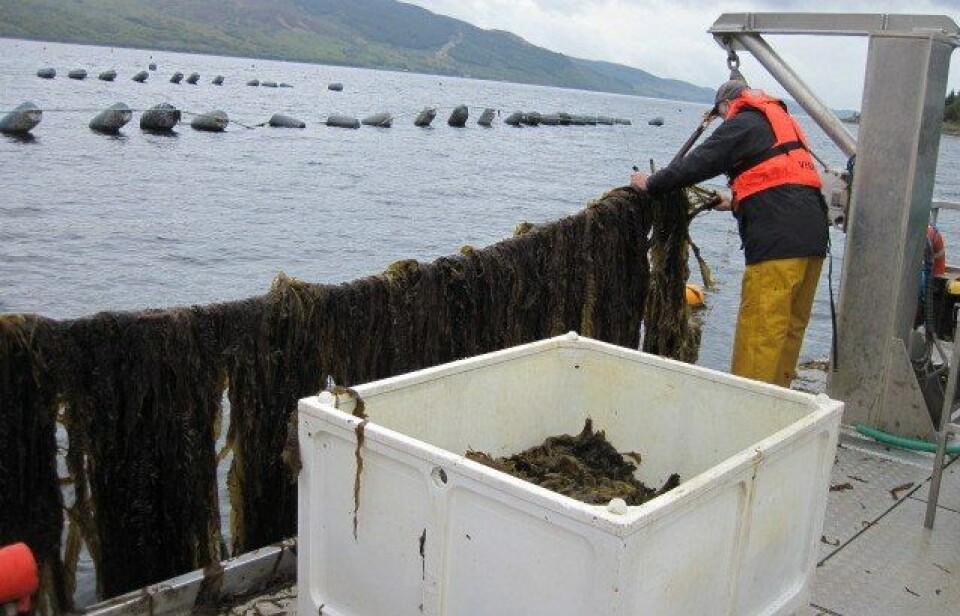
Technology tipped to boost aquaculture
New technology and management techniques could boost the European aquaculture industry, according to a report by EU scientists.
The IDREEM (Increasing Industrial Resource Efficiency in European Mariculture) project aims to develop innovative techniques to trigger sustainable growth in European aquaculture, which scientists say is falling behind the rest of the world in the face of resistance from regulators and stakeholders.
“If we can move European aquaculture to more integrated-based production systems then we can help the industry to grow in an environmentally and socially sustainable way, while ensuring its economic competitivity,” says Adam Hughes, IDREEM project coordinator.
Under current aquaculture practices, small particulate waste and dissolved waste can be lost to the wider environment, where it is absorbed into the ecosystem. “This can lead to the accumulation of organic matter underneath aquaculture production sites, as well as a potential overloading of nutrients in coastal waters,” Hughes says.
Waste management
Using innovative concepts, scientists involved in the project have created waste management strategies that convert waste streams into high value products. The Integrated Multitrophic Aquaculture (IMTA) system aims to reduce net environmental emissions and increase productivity and profitability for European aquaculture businesses.
The scientists found that growing different species together – such as queen scallops and salmon, or sea bream and oysters – cuts waste as queen scallops and oysters eat waste from the fish. “This increases the productivity at the site, and diversifies the aquaculture industry, both of which contribute to the economic sustainability of the industry,” says Hughes.
Farm layout
IDREEM has also developed advances in the design of farm layout, including making changes to anchoring grids which keep fish cages in place to make space for seaweed production.
Meanwhile, modelling technology (available to the aquaculture industry via the project’s website, www.idreem.eu) has been developed to allow for more accurate predictions of the increased productivity and environmental benefits of IMTA onsite.
IDREEM has already produced products available on European markets, including a condiment made from seaweed, and shellfish products such as queen scallops and mussels.
The project now faces new challenges such as developing ways to certify products produced with the IMTA system. “Although our project showed that across Europe there is willingness to pay extra for fish produced in an IMTA system, it is difficult for producers to secure this market premium without certification,” Hughes says.























































